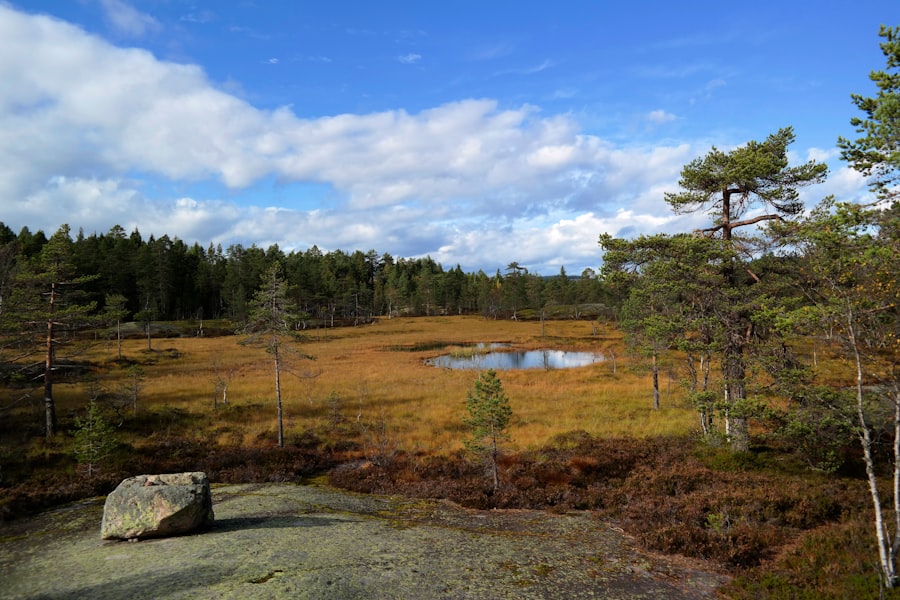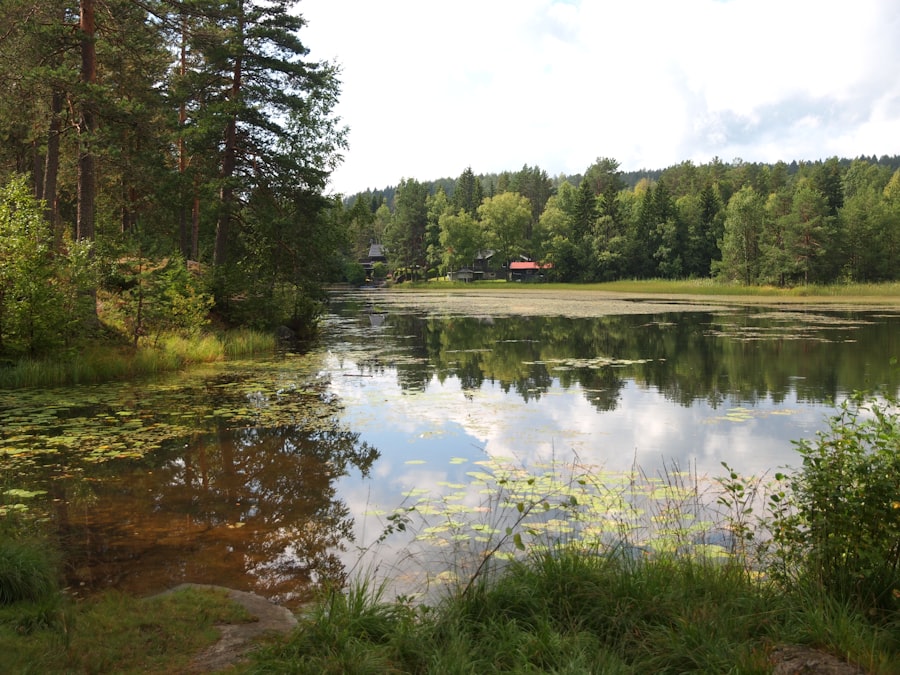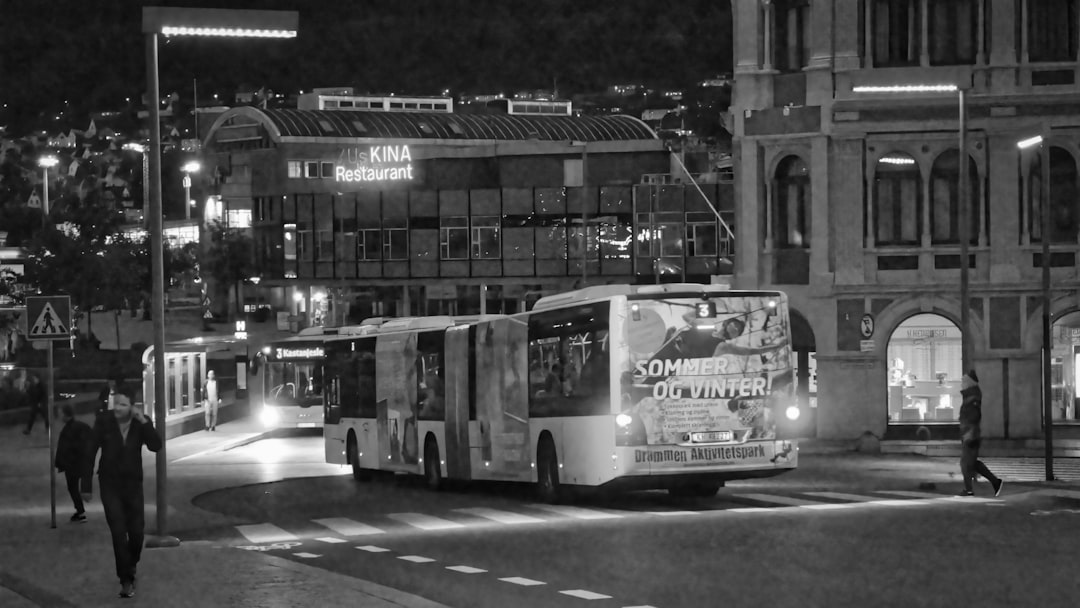Norway, a land of stunning fjords and rich cultural heritage, boasts a vibrant tapestry of holidays and traditions that reflect its unique history and values. For those looking to immerse themselves in the Norwegian way of life, understanding these celebrations is essential. The Norway Relocation Group can be an invaluable resource for anyone seeking to navigate the intricacies of Norwegian culture, providing guidance on everything from local customs to language learning.
By connecting with this group, newcomers can gain insights into the significance of various holidays and how to participate meaningfully in them. Norwegian holidays are not merely days off work; they are occasions steeped in history, family bonding, and community spirit. From the joyous celebrations of Christmas to the solemn observance of national days, each holiday offers a glimpse into the heart of Norwegian society.
As you delve into these traditions, you will discover how they shape social interactions and foster a sense of belonging among Norwegians. The Norway Relocation Group can help you navigate these cultural waters, ensuring that you feel at home in your new environment. Plan your relocation with confidence. Book a personal meeting with the Norway Relocation Group today.
Summary
- Norwegian holidays and traditions are deeply rooted in the country’s culture and history, making them an important aspect of Norwegian life.
- Understanding the significance of holidays in Norwegian culture is essential for appreciating the traditions and customs associated with these special occasions.
- The main Norwegian holidays, such as Constitution Day and Christmas, hold great significance and are celebrated with unique customs and traditions.
- Traditional Norwegian food and drinks play a central role in holiday celebrations, with dishes like lutefisk and aquavit being popular choices.
- Norwegians celebrate Christmas and Easter with various customs, including decorating Christmas trees and enjoying traditional Easter meals with family and friends.
Understanding the Importance of Holidays in Norwegian Culture
Holidays in Norway serve as vital touchstones for cultural identity and community cohesion. They provide opportunities for families and friends to come together, reinforcing bonds that may otherwise be strained by the demands of modern life. In a country where the long winter months can feel isolating, these celebrations offer a welcome respite, allowing people to gather, share stories, and create lasting memories.
The significance of holidays extends beyond mere festivity; they are a means of preserving traditions and passing down values from one generation to the next. Moreover, holidays in Norway often reflect the country’s deep connection to nature and the changing seasons. Many celebrations are tied to agricultural cycles or historical events that have shaped the nation’s identity.
This connection to the land is evident in the way Norwegians celebrate their holidays, often incorporating elements that honour their natural surroundings. Understanding this relationship can enhance your appreciation of Norwegian culture and its values, making it easier to engage with locals and participate in their traditions.
The Main Norwegian Holidays and Their Significance

Among the most significant holidays in Norway is Christmas, or “Jul,” which is celebrated with great enthusiasm across the country. The festive season typically begins with Advent, leading up to Christmas Eve when families gather for a special meal and exchange gifts. The holiday is rich with traditions, including the decoration of Christmas trees and the singing of carols.
Each region may have its own unique customs, but the overarching theme remains one of togetherness and joy. Another important holiday is Constitution Day, celebrated on May 17th. This day marks the signing of Norway’s constitution in 1814 and is a national celebration of freedom and democracy.
Parades featuring schoolchildren dressed in traditional costumes, known as “bunad,” fill the streets, accompanied by music and festivities. This day is not only a celebration of national pride but also an opportunity for communities to come together and honour their shared history.
Traditional Norwegian Food and Drinks for Holidays
Food plays a central role in Norwegian holiday celebrations, with each occasion featuring its own array of traditional dishes. During Christmas, for instance, families often prepare a feast that includes ribbe (pork ribs), pinnekjøtt (dried lamb ribs), and lutefisk (dried fish). These dishes are typically accompanied by sides such as red cabbage and potatoes, creating a hearty meal that reflects the country’s agricultural heritage.
Easter also brings its own culinary delights, with many Norwegians enjoying a special meal that may include lamb or fish. A popular tradition during this time is to serve “påskekrim,” or Easter crime stories, alongside festive foods. This unique combination of literature and cuisine highlights the importance of storytelling in Norwegian culture, as families gather around the table to share both food and tales.
How Norwegians Celebrate Christmas and Easter
Christmas celebrations in Norway are characterised by a blend of religious observance and secular traditions. Many families attend church services on Christmas Eve before returning home for their festive meal. The evening often culminates in the exchange of gifts, with children eagerly awaiting the arrival of “Julenissen,” or Santa Claus.
The atmosphere is filled with warmth and joy as families come together to celebrate this cherished holiday. Easter, on the other hand, is marked by a more relaxed approach. Norwegians often take advantage of the long weekend to enjoy outdoor activities such as skiing or hiking.
The holiday is also associated with a sense of renewal, as it falls during springtime when nature begins to awaken from its winter slumber. Families may decorate their homes with symbols of spring, such as flowers and eggs, while also indulging in traditional foods that reflect the season’s bounty.
Unique Norwegian Holiday Traditions and Customs

Norwegian holiday traditions are often steeped in folklore and local customs that vary from region to region. One such tradition is “julebord,” or Christmas parties, which are held by companies and organisations throughout December. These gatherings typically feature festive food, drinks, and entertainment, allowing colleagues to celebrate together before the holiday break.
Another unique custom is “17. mai,” or Constitution Day celebrations, where children participate in parades while waving flags and singing songs. This day is particularly special for young Norwegians, who take pride in their national identity and heritage.
The bunad costumes worn during these celebrations are often passed down through generations, further emphasising the importance of family traditions in Norwegian culture.
Exploring Norwegian Folklore and Mythology in Holiday Celebrations
Norwegian folklore plays a significant role in holiday celebrations, with many customs rooted in ancient beliefs and stories. For instance, during Christmas time, it is common for families to leave out porridge for “Nissen,” a mythical creature believed to protect farms and households. This practice reflects a deep-seated respect for nature and its spirits, which has been passed down through generations.
Similarly, Easter traditions often incorporate elements of folklore, such as tales of witches flying to Blåkulla on Easter night. These stories serve as reminders of Norway’s rich mythological heritage and its connection to the natural world. By engaging with these narratives during holiday celebrations, Norwegians honour their ancestors while also fostering a sense of community through shared storytelling.
Popular Holiday Destinations in Norway for Visitors
For those looking to experience Norwegian holidays firsthand, there are numerous destinations that offer unique celebrations throughout the year. Oslo, the capital city, hosts vibrant Christmas markets where visitors can sample traditional foods and purchase handmade crafts. The festive atmosphere is enhanced by twinkling lights and live music, making it an ideal place to soak up the holiday spirit.
In addition to Oslo, cities like Bergen and Tromsø also offer captivating holiday experiences. Bergen’s picturesque harbour comes alive during Christmas with its charming market stalls, while Tromsø provides an opportunity to witness the Northern Lights during winter festivities. Each destination showcases its own local customs and traditions, allowing visitors to gain a deeper understanding of Norway’s diverse cultural landscape.
Etiquette and Customs for Foreigners Participating in Norwegian Holidays
For foreigners participating in Norwegian holidays, understanding local etiquette is crucial for fostering positive interactions with locals. It is customary to greet hosts warmly when attending gatherings or celebrations, often with a handshake or hug depending on familiarity. Additionally, bringing a small gift or treat for your hosts is considered polite and appreciated.
When it comes to dining during holiday celebrations, it is important to wait for everyone to be seated before beginning the meal. Norwegians often express gratitude before eating by saying “vel bekomme,” which translates to “may it be good.” Being mindful of these customs will not only enhance your experience but also demonstrate respect for Norwegian culture.
Tips for Immersing Yourself in Norwegian Holiday Traditions
To fully immerse yourself in Norwegian holiday traditions, consider participating in local events or joining community celebrations. Engaging with locals during these occasions can provide valuable insights into their customs and practices while fostering connections that enrich your experience. The Norway Relocation Group can assist you in finding events that align with your interests and help you navigate any language barriers.
Additionally, learning some basic Norwegian phrases can go a long way in making meaningful connections during holiday celebrations. Simple greetings or expressions of gratitude can demonstrate your willingness to embrace the culture while also endearing you to your hosts.
Bringing Norwegian Holiday Traditions Home: Ideas for Celebrating Abroad
For those who wish to carry a piece of Norwegian culture into their own homes, there are numerous ways to incorporate holiday traditions into your celebrations abroad. Consider hosting a themed dinner featuring traditional Norwegian dishes such as ribbe or lutefisk while sharing stories about their significance within Norwegian culture. You might also explore crafting decorations inspired by Norwegian folklore or incorporating traditional music into your festivities.
By embracing these customs at home, you not only honour Norway’s rich heritage but also create opportunities for cultural exchange with friends and family. In conclusion, understanding Norwegian holidays and traditions offers a fascinating glimpse into the heart of this beautiful country. With support from resources like the Norway Relocation Group and opportunities for language learning at institutions such as the NLS Norwegian Language School in Oslo, newcomers can fully embrace these cultural experiences.
By participating in local celebrations and sharing these traditions at home, you can foster connections that transcend borders while celebrating the richness of Norwegian culture.

